The Zero Hour is a weekly three-hour program which combines news and analysis with in-depth interviews on topics that include politics, pop culture, futurism, high-tech, and music. Subjects range From the creation of the universe to inflated coaching salaries in the NCAA. This program is based on the deeply-held belief that ours is a critical moment in history on many fronts. The decisions we make today and in the years to come could determine the fate of our democracy – and our planet – for generations to come, and perhaps forever.
We look for the patterns which underlie current events. Why are publicly-created technologies like the Internet creating so much massive wealth that it’s altering the fate of our great cities? What does the California drought tell us about the decades to come? Will digital technology be the great democratizing forces proponents claimed, or widened the gap between rich and poor? What does it say about our society when we neglect both the education of the young and the financial security of the elderly?
But we’re not all gloom and doom. We also believe that humanity is developing tools which offer great promise, in areas that range from political campaigning and workplace organizing to electrical engineering and genetic science. These opportunities are also addressed in the program.In the end, the purpose of the Zero Hour is to inspire people – to become active politically, to become more optimistic, to take action.
Richard (RJ) Eskow is the Host and Managing Editor of The Zero Hour. He is a writer, policy analyst and consultant with experience in health financing, social insurance, and related fields. He has worked on large-scale international projects with the United States Agency for International Development (USAID), the World Bank, and other agencies. Other areas of experience include finance, underwriting, data analysis, strategy, and information technology.
Richard directed a multi-year project, funded by the United States State Department, to redesign the health economies of nations emerging from communism in the early 1990s. He led a consortium of universities, think tanks, and private companies which was active in more than 20 countries. He has personally worked in India, Japan, Eastern Europe, Western Europe, and elsewhere in Asia and Africa. Richard’s private-sector experience include stints as the CEO of several specialty health companies, and as a senior executive with AIG and other large corporations.
Richard has served as substitute host of The Young Turks, where he is still a frequent panelist. His media appearances include CNN, Fox News, BBC, Al Jazeera, and other outlets. He has been quoted in the New York Times, the Washington Post, and other publications.
Richard is also one of “50 leading futurists” whose forecasts were anthologized in The Rough Guide to the Future.
Richard is also currently a Senior Fellow with the Campaign for America’s Future, where he primarily comments on economic and financial issues. His writing has been anthologized three times in Best Buddhist Writing of the Year. He is a Contributing Editor to Tricycle magazine and is regularly published in a variety of online and print publications, including Salon, The Nation, Truthout, and Common Dreams. Richard began writing for the general public on these issues in 2004 and is among those credited with the growth of The Huffington Post. Author Eric Boehlert wrote in his book Bloggers on the Bus: How the Internet Changed Politics and the Press (Simon and Schuster, 2009):
“Huffington Post founders thought the celebrities and boldface names from Huffington’s gold-plated BlackBerry were going to be The Thing, the big draw … Instead, editors learned that readers cared more about good writing and a passionate point of view than they did the boldface byline. So previously unknown writers, such as the consultant RJ Eskow … emerged as the unlikely breakout star bloggers.”
